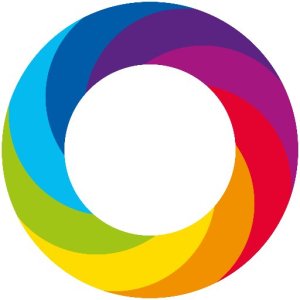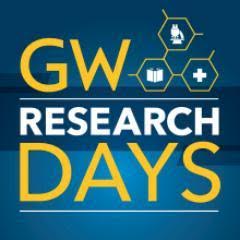 Recently, the NIH took steps to help protect the credibility of published research findings from NIH-funded research. In a recent blog post, the National Library of Medicine called on librarians to help in this effort. In NIH Guide Notice OD-18-011, released on November 3, 2017, the NIH requested support for authors by asking grantees, contractors, researchers, and librarians to:
Recently, the NIH took steps to help protect the credibility of published research findings from NIH-funded research. In a recent blog post, the National Library of Medicine called on librarians to help in this effort. In NIH Guide Notice OD-18-011, released on November 3, 2017, the NIH requested support for authors by asking grantees, contractors, researchers, and librarians to:
- Adhere to the principles of research integrity and publication ethics
- Identify journals that follow best practices promoted by professional scholarly publishing organizations
- Avoid publishing in journals lacking clearly stated and rigorous peer-review processes.
What should you do when deciding where to publish your research?
- Evaluate the options using guided by one of these resources:
- Think Check Submit
- Federal Trade Commission’s information on predatory journals
- COPE International Standards for Editors and Authors
- Consider the National Library of Medicine’s Journal Guidelines for purchasing journals for their collection require journals to:
- Demonstrate good editorial quality and elements that contribute to objectivity, credibility, and scientific quality of content
- Conform with guidelines and best practices promoted by professional scholarly publication organizations.
- The criteria for accepting journals into MEDLINE or PubMed Central are even more selective so a journal’s inclusion there can be a quality indicator.
- Access Himmelfarb’s Scholarly Publishing Research Guide for resources to help you decide where to publish:
- Journal/Article Name Estimator (JANE)
- Cofactor Journal Selector among others.
- Information about predatory publishing, author rights, researcher profiles, and measuring the impact of your research.
- Himmelfarb’s Researcher Services and Support Research Guide for additional information on publishing.
- Consult your librarian. Librarians have experience in developing rigorous collection criteria when considering journals to include in library collections. Thanks to this expertise, librarians are extremely familiar with journal publishers as well as with the journals that are being used by researchers and for publication.
- Request a consultation
- Ruth Bueter: 202-994-9756 or rbueter@gwu.edu
- himmelfarb@gwu.edu or 202-994-2950 or Ask a Librarian!
- Search Himmelfarb’s Health Sciences Research Commons or PubMed to find articles related to your topic and identify potential journals that might be a good fit for your article.
- Request a consultation
Researcher-authors can often find it difficult to evaluate a journal's quality, editorial practices, peer-review practices, and scientific merit. Librarians can be a great help to authors in selecting publishing venues. If you are getting ready to publish and need assistance in selecting the best journal for your article or research, Himmelfarb has resources that can help!
Sources:
Marill, J., Funk, K., Sheehan, J. (2017, November 7). Calling on librarians to help ensure the credibility of published research results [web log post]. Retrieved from https://nlmdirector.nlm.nih.gov/2017/11/07/calling-on-librarians-to-help-ensure-the-credibility-of-published-research-results/
Mediterranean Center of Medical Sciences (2015). Research [online image]. Retrieved from https://www.flickr.com/photos/mcmscience/17664002728






 A well-organized abstract is key to getting your paper accepted for publication. Attend this session of
A well-organized abstract is key to getting your paper accepted for publication. Attend this session of  You put all that hard work into preparing and presenting your poster at Research Days....don't let it sit in a closet! Archive a digital copy in Himmelfarb Library's
You put all that hard work into preparing and presenting your poster at Research Days....don't let it sit in a closet! Archive a digital copy in Himmelfarb Library's 